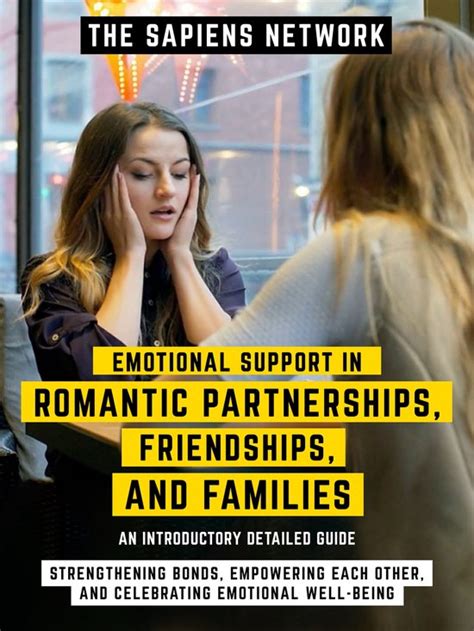In the intricate dance of romantic partnerships, effective communication is often hailed as the cornerstone of success. While both men and women navigate the complexities of expressing needs, men frequently encounter a unique set of challenges when it comes to articulating their emotional landscape. These hurdles are deeply rooted in societal expectations, gender roles, and individual conditioning, creating a silent struggle that can profoundly impact the health and depth of a relationship.
The Weight of Societal Expectations and Traditional Masculinity
From an early age, many men are subtly, or sometimes overtly, conditioned to embody traits of stoicism, self-reliance, and emotional resilience. The prevailing cultural narrative often suggests that expressing vulnerability, especially emotional needs, is a sign of weakness or unmanliness. Phrases like “man up” or “boys don’t cry” leave an indelible mark, teaching men to suppress rather than express their feelings. This societal pressure creates an internal conflict: the innate human need for connection and understanding clashes with the perceived requirement to remain emotionally impervious.

Fear of Vulnerability and Rejection
Beyond societal conditioning, many men grapple with a profound fear of vulnerability. Opening up emotionally feels like exposing a raw nerve, making them susceptible to judgment, ridicule, or even rejection. This fear can be amplified in a romantic partnership, where the stakes are inherently higher. The thought of their partner perceiving them as “needy,” “weak,” or “less masculine” can be a powerful deterrent, leading them to bottle up their true feelings rather than risk an unfavorable reaction. This internal barrier is often reinforced by past experiences where emotional disclosure was met with misunderstanding or dismissal.
The Absence of an Emotional Vocabulary
Another significant challenge stems from a potential lack of an adequate emotional vocabulary. Unlike women, who are often encouraged to explore and articulate their feelings from a young age, men may not have been given the tools or the space to develop this skill. Consequently, when confronted with an emotional need, they might struggle to accurately identify what they are feeling, let alone articulate it in a way their partner can understand. This deficit can lead to frustration for both parties, as attempts to communicate often fall short, resulting in vague statements or withdrawal.

Internalized Beliefs About Self-Sufficiency
Many men are raised with a strong emphasis on self-sufficiency and problem-solving. They are taught to fix things, not to be the “thing” that needs fixing. This internalized belief system can make it incredibly difficult to admit to a need, as it can feel like a failure to live up to their own standards of independence. Asking for emotional support or expressing a need for comfort might contradict their deeply held identity as a provider or protector, creating psychological resistance to opening up.

Impact on Relational Health and Intimacy
The cumulative effect of these challenges can be detrimental to the health and intimacy of a romantic partnership. When emotional needs go unexpressed, they can manifest as resentment, emotional distance, or even passive-aggressive behaviors. Partners may feel disconnected, believing their male partner is emotionally unavailable or uninterested, leading to a cycle of frustration and misunderstanding. True intimacy thrives on vulnerability and mutual understanding, both of which are stifled when one partner is unable to articulate their deeper emotional world.

Fostering a Safer Space for Expression
Addressing these challenges requires a concerted effort from both partners. For men, it involves consciously challenging ingrained beliefs about masculinity, developing emotional literacy, and practicing vulnerability in small, safe steps. For their partners, it means creating a supportive and non-judgmental environment, actively listening without interruption, and validating their partner’s feelings without attempting to “fix” them. Patience, empathy, and consistent encouragement are vital in dismantling the barriers that prevent men from fully expressing their emotional needs.

Conclusion
The unique challenges men face in expressing emotional needs are a complex interplay of societal conditioning, personal fears, and underdeveloped emotional skills. Recognizing and understanding these hurdles is the first step toward fostering healthier, more authentic romantic partnerships. By cultivating environments of trust and acceptance, and by challenging outdated notions of masculinity, we can empower men to embrace their full emotional spectrum, leading to deeper connection and profound intimacy for all involved.



